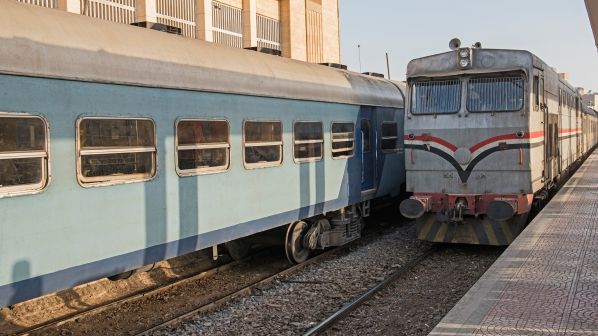THE African Development Bank (ADB) board of directors has approved €145m loan to finance reliability and performance upgrades to Egypt’s rail system under the Egypt National Railways Modernisation Project (ENRMP).
The funding will be used to enhance operational safety and increase network capacity on national rail lines.
Rail transport is central to Egypt’s economy and competitiveness, with rail expected to carry 15% of passengers and 10% of freight by 2029 as a result of the bank’s loan and other investments in the project, up from the current 8% and 6% respectively.
The planned upgrades are expected to benefit 40% of the population on low-incomes who rely on rail as an affordable mode of transport. Increasing rail freight is also projected to have a positive impact on greenhouse gas emissions.
“Safe, accessible, convenient and green transport systems will be crucial to achieving sustainable development,” says Egypt’s minister of international cooperation, Dr Rania Al-Mashat. “The improvement and expansion of Egypt’s rail system through the ENRMP allows for active mobility and enables the urban and rural development through an inter-modal linked system. Technology and innovation, and a robust commitment to public transport will all be vital components of building back better.”
The government of Egypt has committed significant investment to upgrade the country’s railway infrastructure through rail renewals, signalling modernisation and the purchase of new rolling stock. Under the ENRMP a state-of-the-art, cost effective train protection system will be installed on 950km of line along the busy routes connecting Alexandria in the north to Negh Hammadi in the south, and Port Said in the east.
“The newly approved project will enhance the multimodal transportation environment in Egypt, and the efficient movement of people, services and goods,” says Ms Malinne Blomberg, the ADB deputy director general for the North Africa region. “This operation is fully aligned with the bank’s strategy for interventions in Egypt, contributing to sustained and inclusive economic growth, and more specifically, developing infrastructure that supports expansion of the private sector and job creation.”

